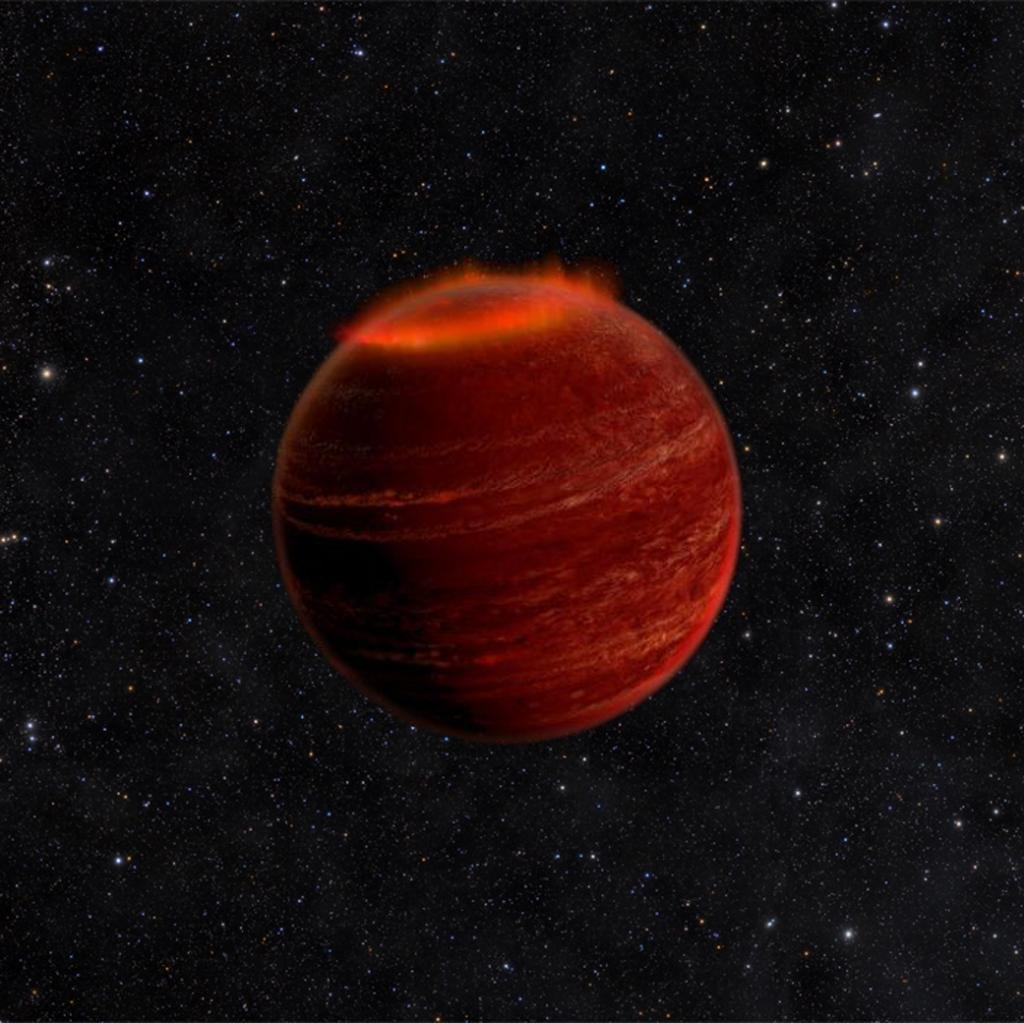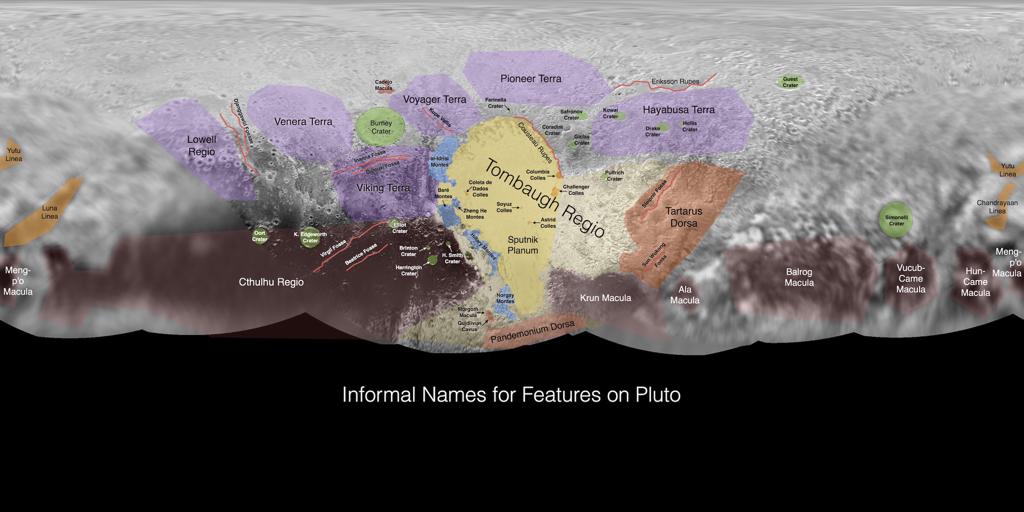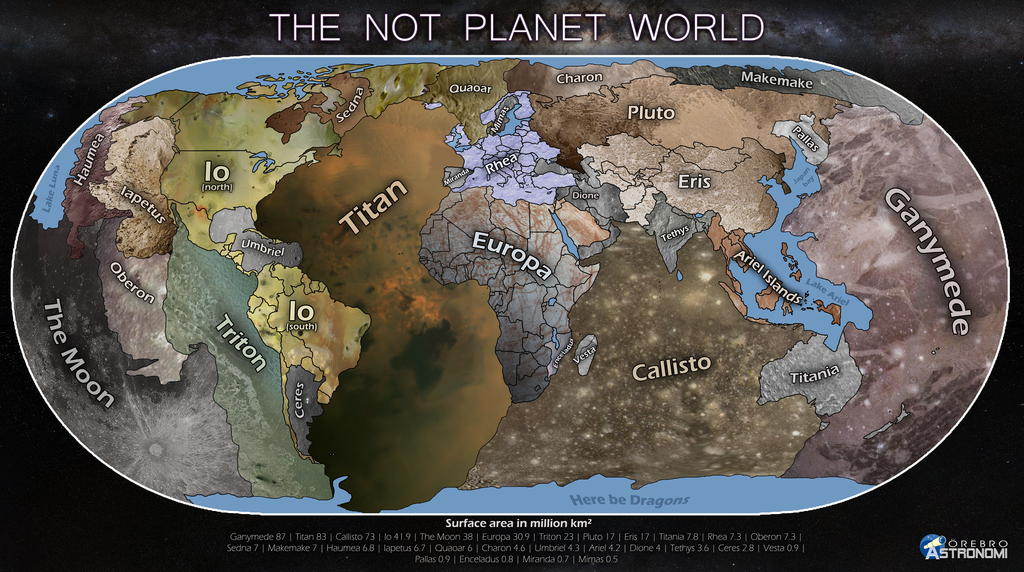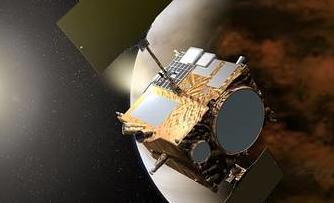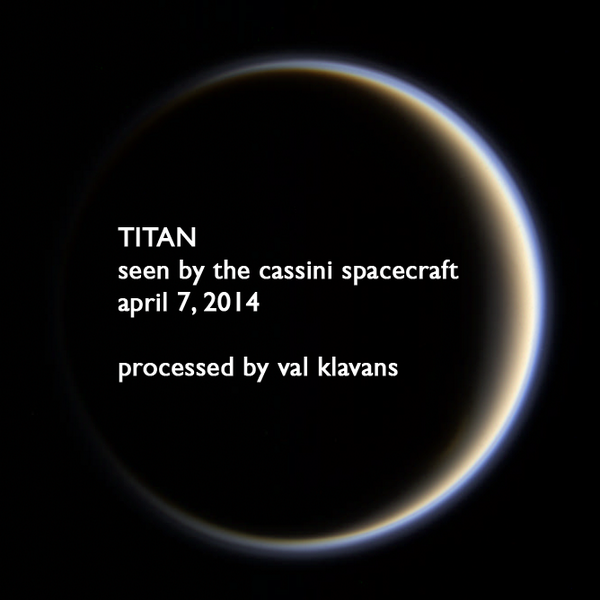ScienceRocks
Democrat all the way!
- Thread starter
- Banned
- #1,001
http://www.marsdaily.com/reports/NAS...rival_999.html
With its biggest orbit maneuver since 2006, NASA's Mars Reconnaissance Orbiter (MRO) will prepare this week for the arrival of NASA's next Mars lander, InSight, next year.
A planned 77-second firing of six intermediate-size thrusters on July 29 will adjust the orbit timing of the veteran spacecraft so it will be in position to receive radio transmissions from InSight as the newcomer descends through the Martian atmosphere and touches down on Sept. 28, 2016. These six rocket engines, which were used for trajectory corrections during the spacecraft's flight from Earth to Mars, can each produce about 22 newtons, or five pounds, of thrust.
"Without making this orbit change maneuver, Mars Reconnaissance Orbiter would be unable to hear from InSight during the landing, but this will put us in the right place at the right time," said MRO Project Manager Dan Johnston of NASA's Jet Propulsion Laboratory, Pasadena, California.
With its biggest orbit maneuver since 2006, NASA's Mars Reconnaissance Orbiter (MRO) will prepare this week for the arrival of NASA's next Mars lander, InSight, next year.
A planned 77-second firing of six intermediate-size thrusters on July 29 will adjust the orbit timing of the veteran spacecraft so it will be in position to receive radio transmissions from InSight as the newcomer descends through the Martian atmosphere and touches down on Sept. 28, 2016. These six rocket engines, which were used for trajectory corrections during the spacecraft's flight from Earth to Mars, can each produce about 22 newtons, or five pounds, of thrust.
"Without making this orbit change maneuver, Mars Reconnaissance Orbiter would be unable to hear from InSight during the landing, but this will put us in the right place at the right time," said MRO Project Manager Dan Johnston of NASA's Jet Propulsion Laboratory, Pasadena, California.
